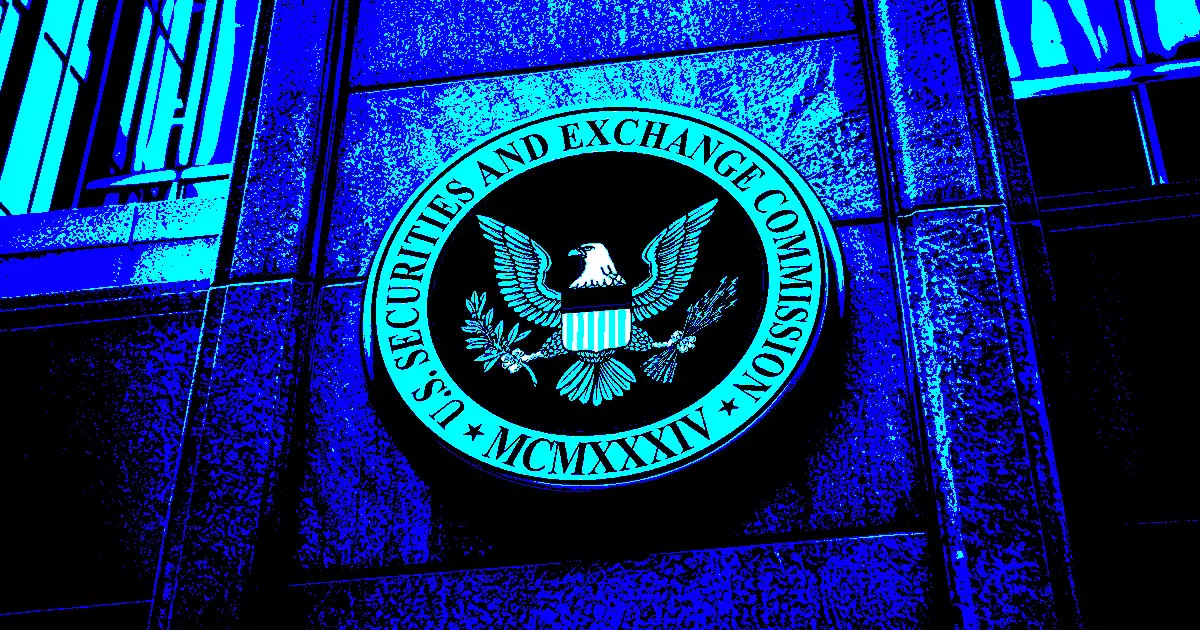Coinbase recently voiced its objection to the SEC’s $2.6 billion budget request for the 2025 fiscal year. The cryptocurrency exchange criticized the SEC for allocating a significant portion of the budget, $812.4 million, to enforcement rather than towards creating regulatory clarity. Coinbase argued that the SEC’s heavy focus on enforcement does not benefit the crypto industry as a whole and hinders innovation.
On the other hand, SEC chair Gary Gensler defended the budget increase, stating that it would bolster the Division of Enforcement with 27 new positions. This expansion aims to enable the SEC to investigate misconduct on a larger scale and handle more complex legal cases. However, Coinbase and other critics have pointed out that this approach exacerbates uncertainty and confusion within the industry.
The American Securities Association (ASA) also weighed in on the issue, urging the US government to provide the SEC with a lower budget than what was requested. The ASA emphasized the need for the SEC to prioritize investor protection, market fairness, and capital formation over aggressive enforcement tactics. The association called for greater accountability and oversight of the SEC’s operations.
While the ASA’s concerns extend beyond the realm of cryptocurrency, it has specifically raised questions about a mishandled SEC case involving a crypto firm called DEBT Box. The association called for a thorough investigation into the incident and demanded more transparency from the securities regulator. Additionally, the ASA emphasized the need for the SEC to adhere to constitutional constraints and federal laws in its regulatory actions.
The debate surrounding the SEC’s budget request reflects broader concerns within the financial industry about the balance between enforcement and regulation. While the SEC argues that increased funding for enforcement is necessary to combat financial misconduct, critics like Coinbase and the ASA believe that a more balanced approach is needed to foster innovation and protect investors. It remains to be seen how this debate will unfold and whether the SEC will heed the calls for greater transparency and accountability in its regulatory efforts.

